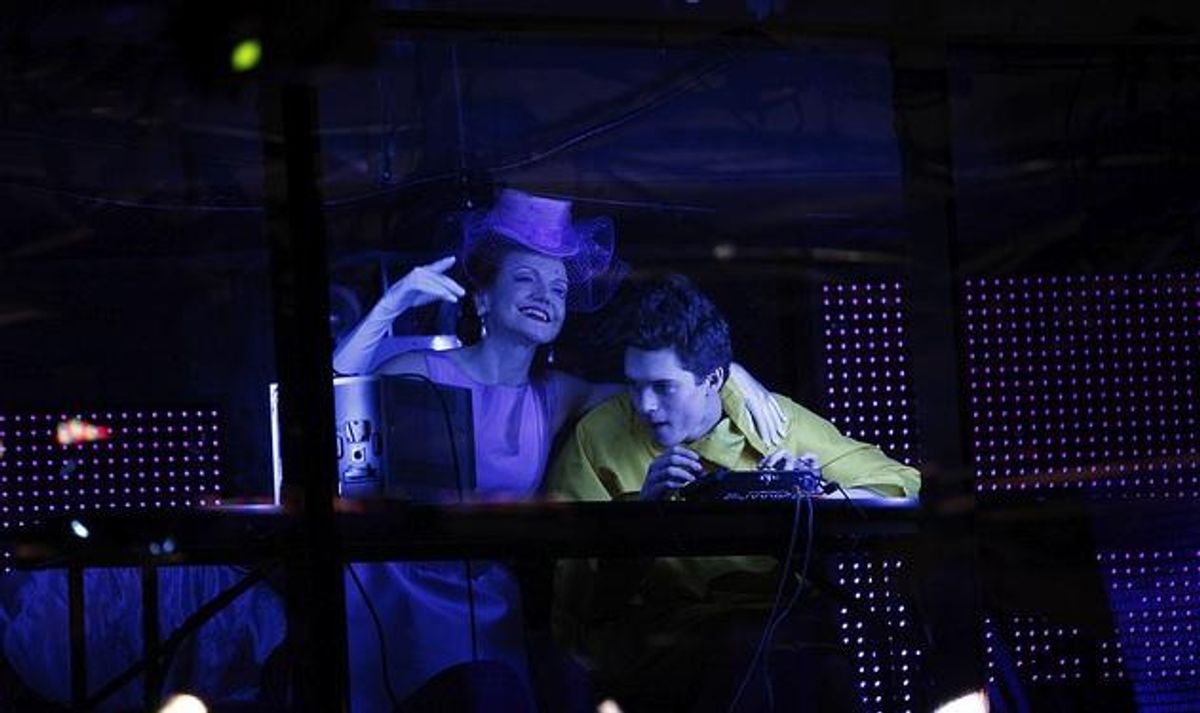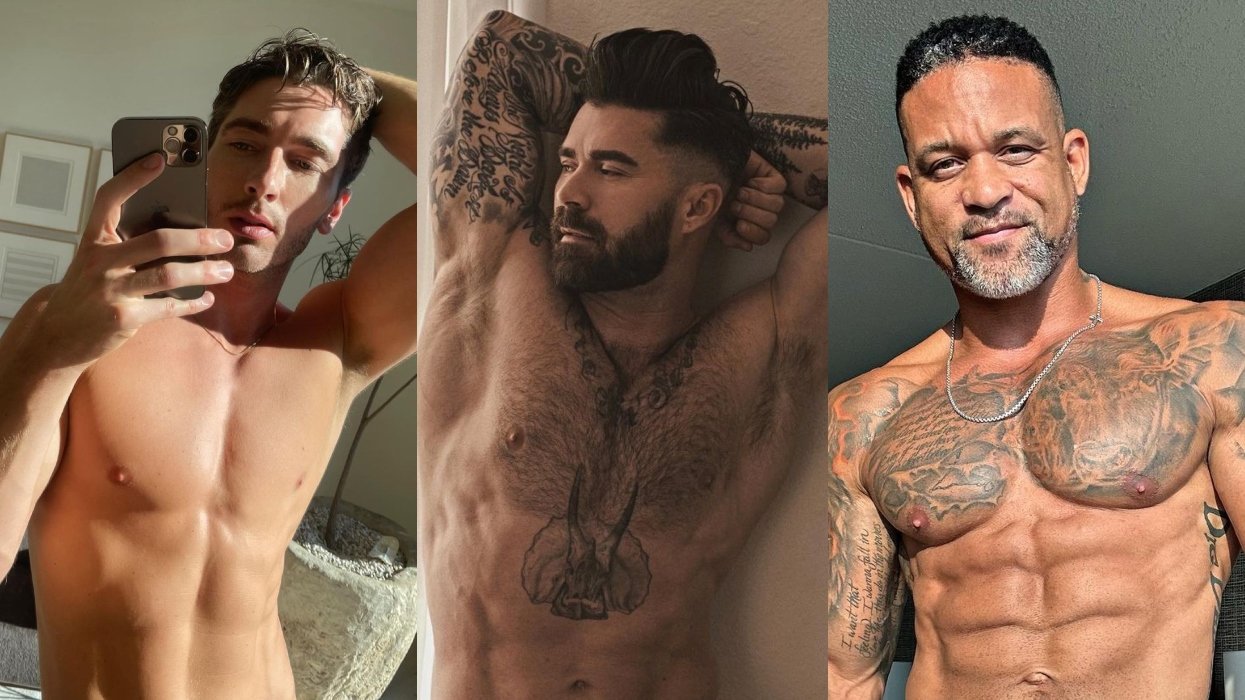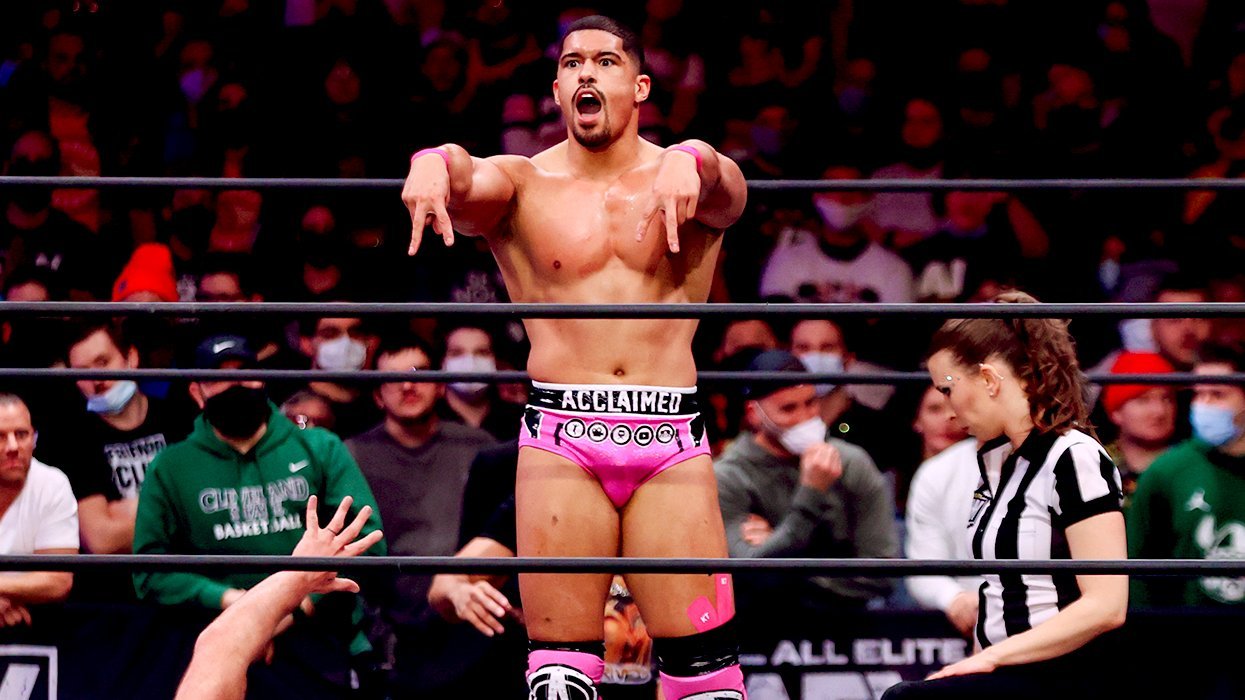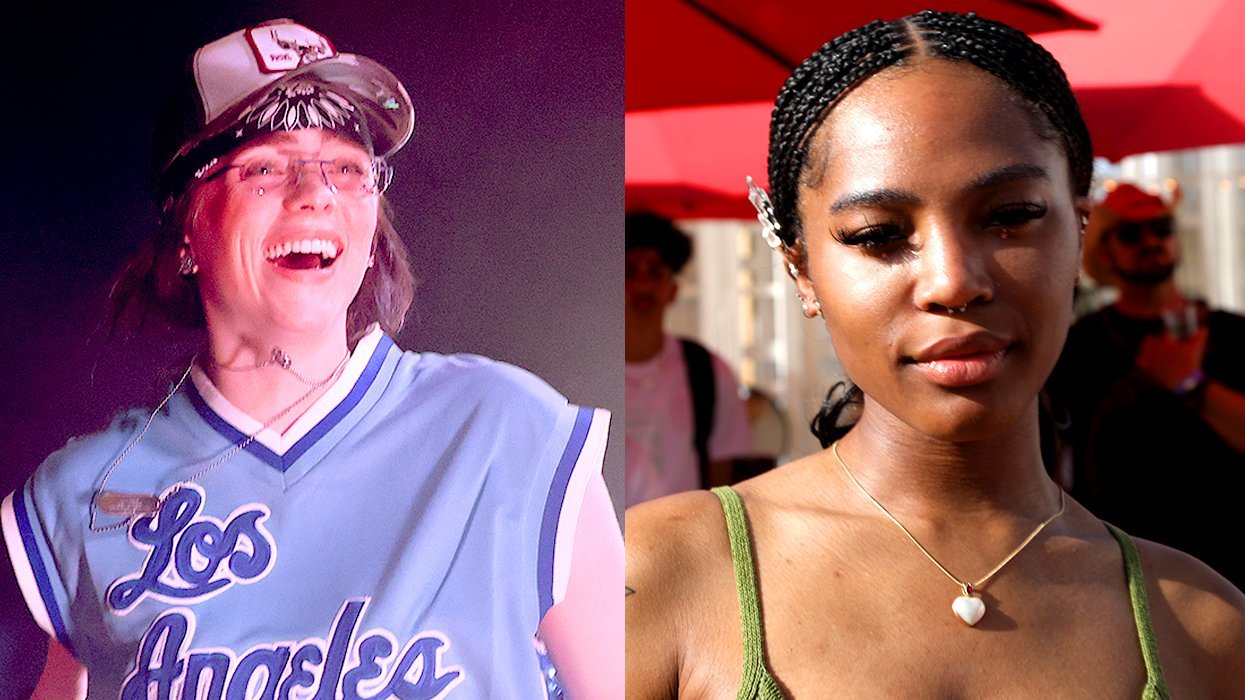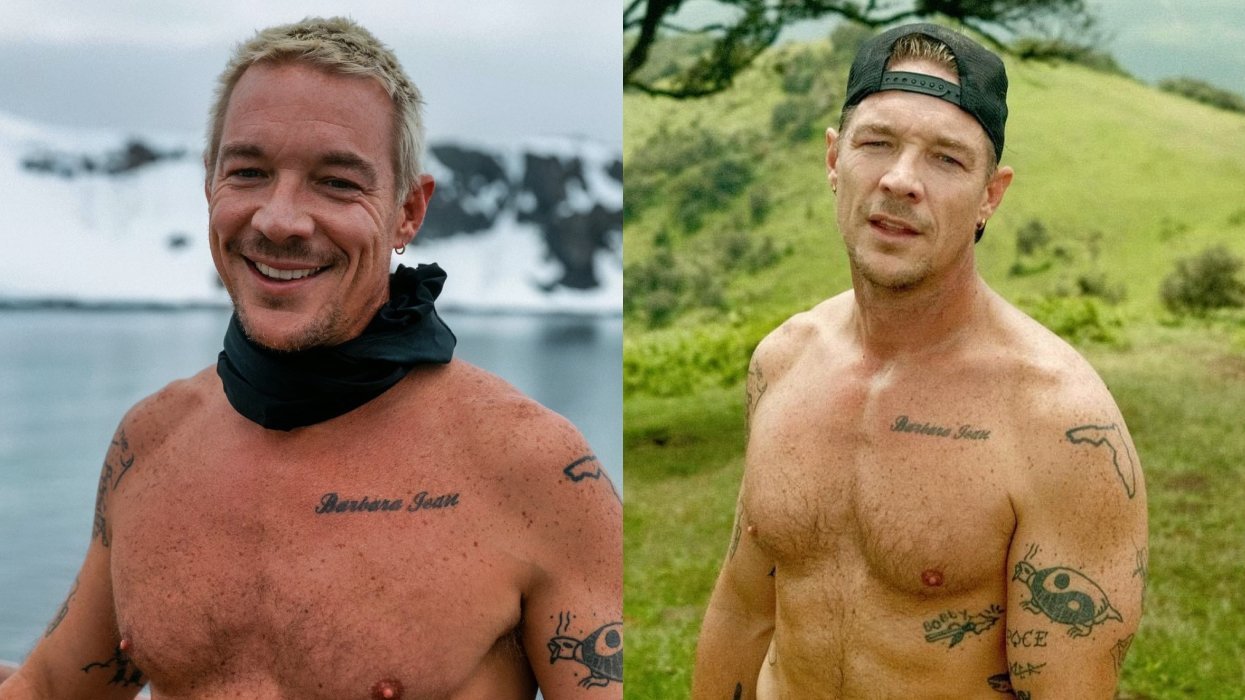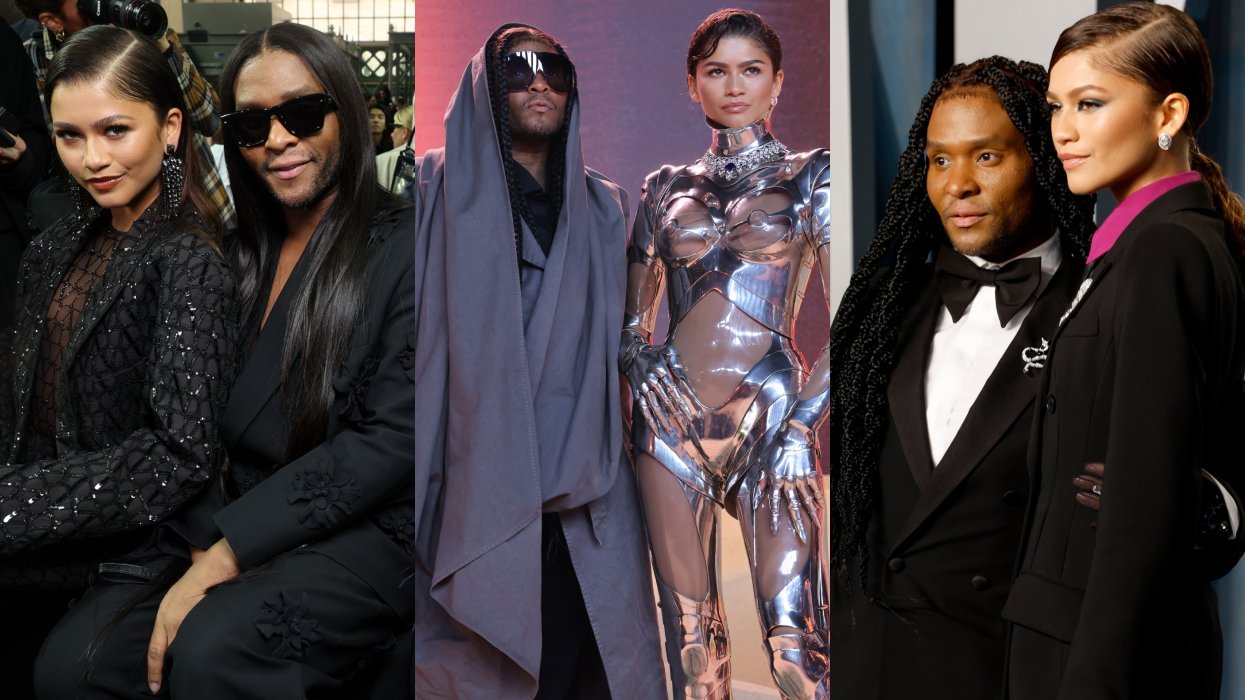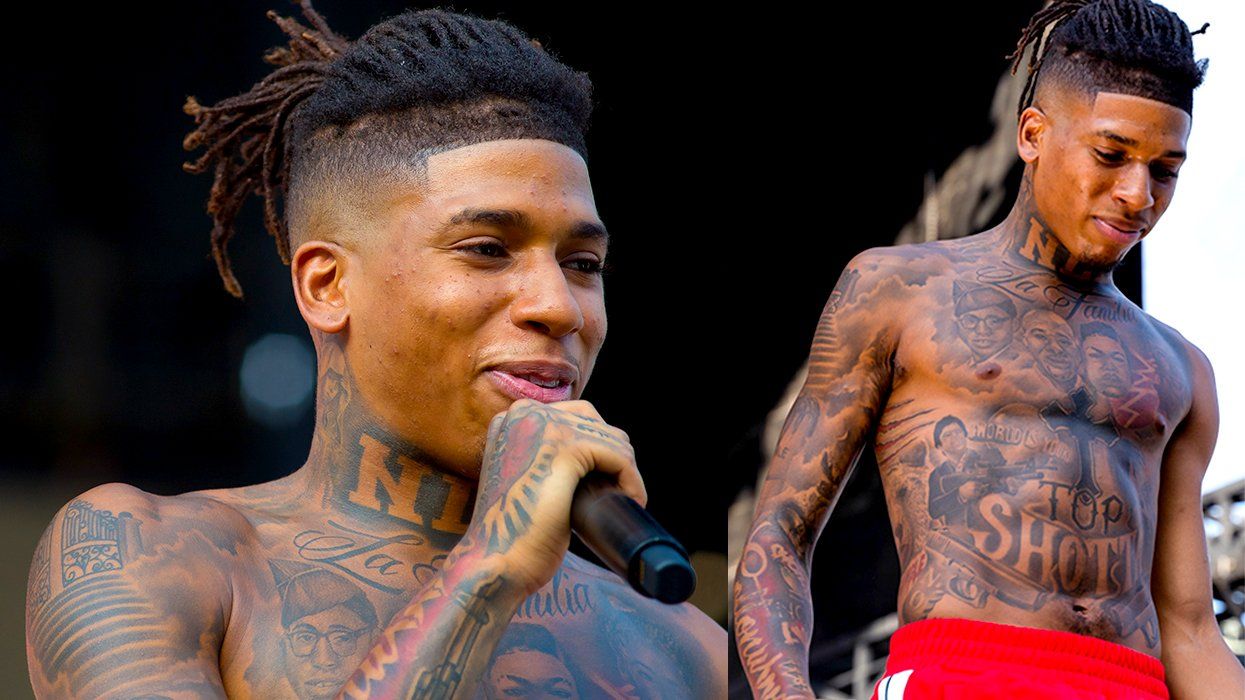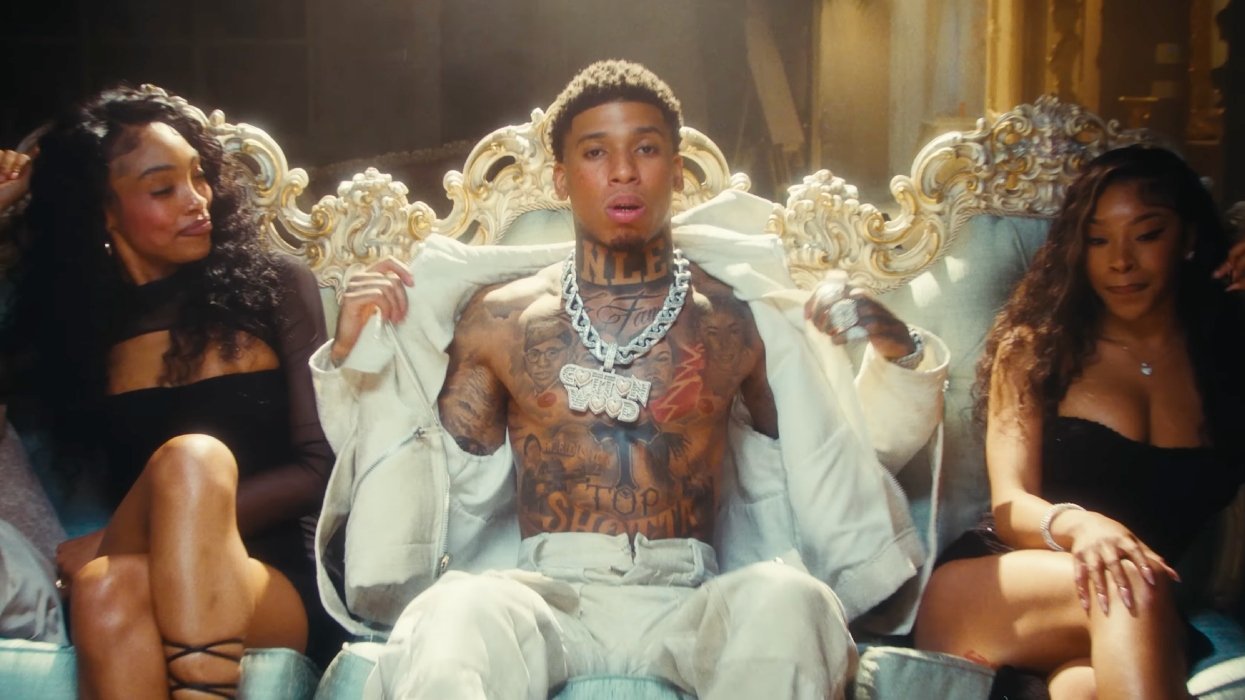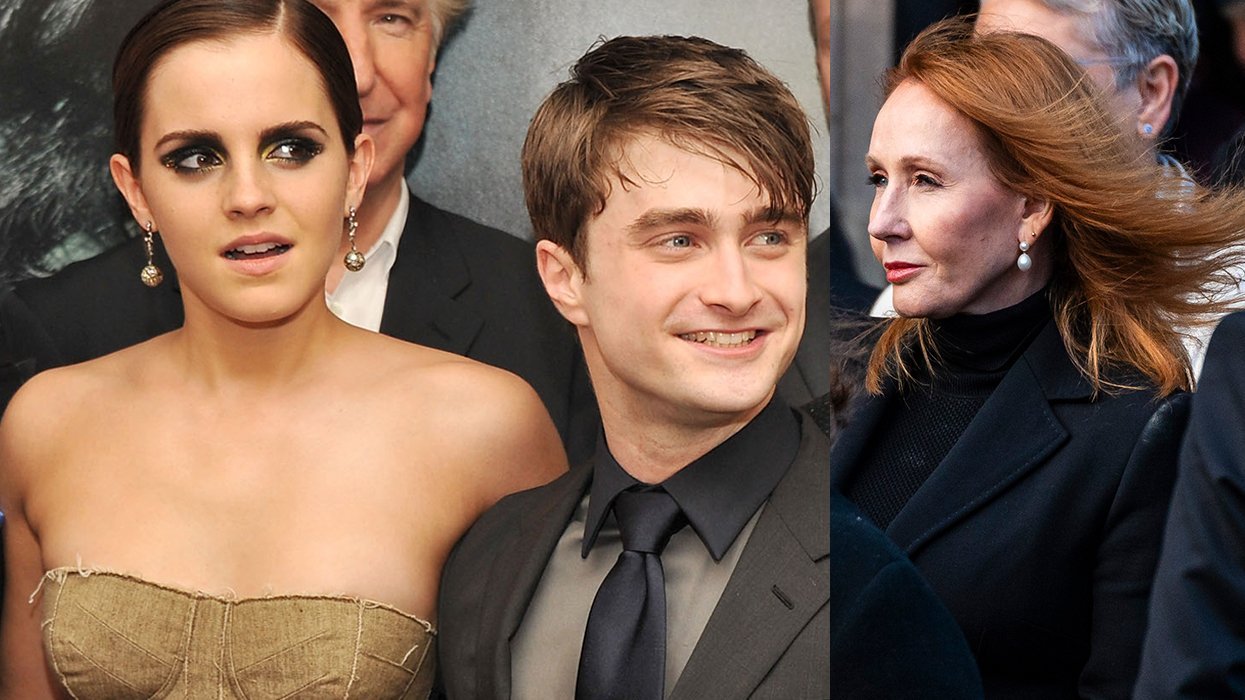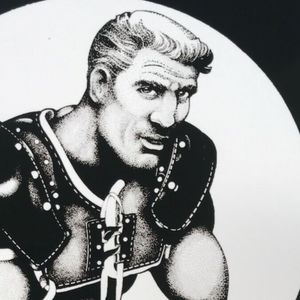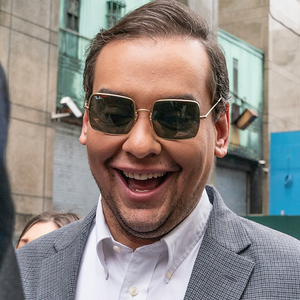From Left: Alison Fraser and Connor Buckley in a scene from the world premiere of Tennessee Williams' final full-length play, 'In Masks Outrageous and Austere,' directed by David Schweizer at The Culture Project. Photo credit: Carol Rosegg.
Tennessee Williams may have had a reputation as a hard-partying, exuberantly-charismatic charmer, but he was never actually as carefree as he seemed: Throughout his life, he battled crippling depression, paralyzing anxiety, and severe drug addiction.
And that's not all. According to David Schweizer -- director of Williams' In Masks Outrageous and Austere, which premiered at The Culture Project earlier this month -- Williams underwent an additional struggle in his final years.
"As Tennessee matured, both as a man and as an artist, he increasingly felt this sense of deep paranoia about the way the world was going," says Schweizer, who dated Williams in 1970 while attending Yale University as an undergraduate (and then remained in touch with the playwright until his death).
Schweizer says that Williams funneled his paranoia into Masks, his final full-length play.
"He had lost patience with the idea of structuring [plays] in a way that was conventional," says Schweizer. "He had gotten more and more interested in expressing...forbidden ideas."
Williams certainly infused Masks with ideas that may have been out of step with audiences of the early '80s. In addition to making two of Masks' main characters overtly gay (instead of merely suggesting homosexuality, as per usual), Williams structured the play around a shady, violent corporate conglomerate -- just as people were beginning to regain faith in corporate America after the financial recession of 1981 and 1982.
Schweizer has brought Williams' play to life with a lurid mishmash of mirrors and LED screens that surround the auditorium of The Culture Project (They suggest the high-tech, far-reaching influence of Masks' aforementioned corporate conglomerate, Kudzu-Chem.) In the play, representatives of Kudzu-Chem have abducted three people -- poet Billy (Robert Beitzel), his older wife Babe (Oscar-nominee Shirley Knight), and his younger male lover Jerry (Sam Underwood) -- and taken them to a mysterious location called Gideon's Point.
The cast also includes Tony-nominee Alison Fraser and Buck Henry (screenwriter of The Graduate.)
Williams aficionados will see traces of the playwright's other works -- as well as traces of Williams himself -- in Masks' characters. Babe, especially, seems to embody the paranoia that Williams felt towards the end, with her indignant, explosive speeches. She's not all bombast, though: Knight imbues her with a hint of fragility which will register with audiences.
Then, of course, there's Billy, the gay poet with the sonorous Southern drawl. Sound familiar? Knowing about Schweizer's relationship with Williams while at Yale, one wonders if there are bits of Schweizer in Jerry, Billy's baby-faced Ivy League boyfriend.
Masks is worth a watch, if for no other reason than to fawn over the homoerotic Gideons (i.e. the Kudzu-Chem reps), who get this close to making out every time they walk by each other in the aisles. Plus, they're all dressed like Agent Smith from The Matrix.
Masks will play at The Culture Project, located at 45 Bleecker Street, through May 26. Running time: 2 hours 30 minutes.
